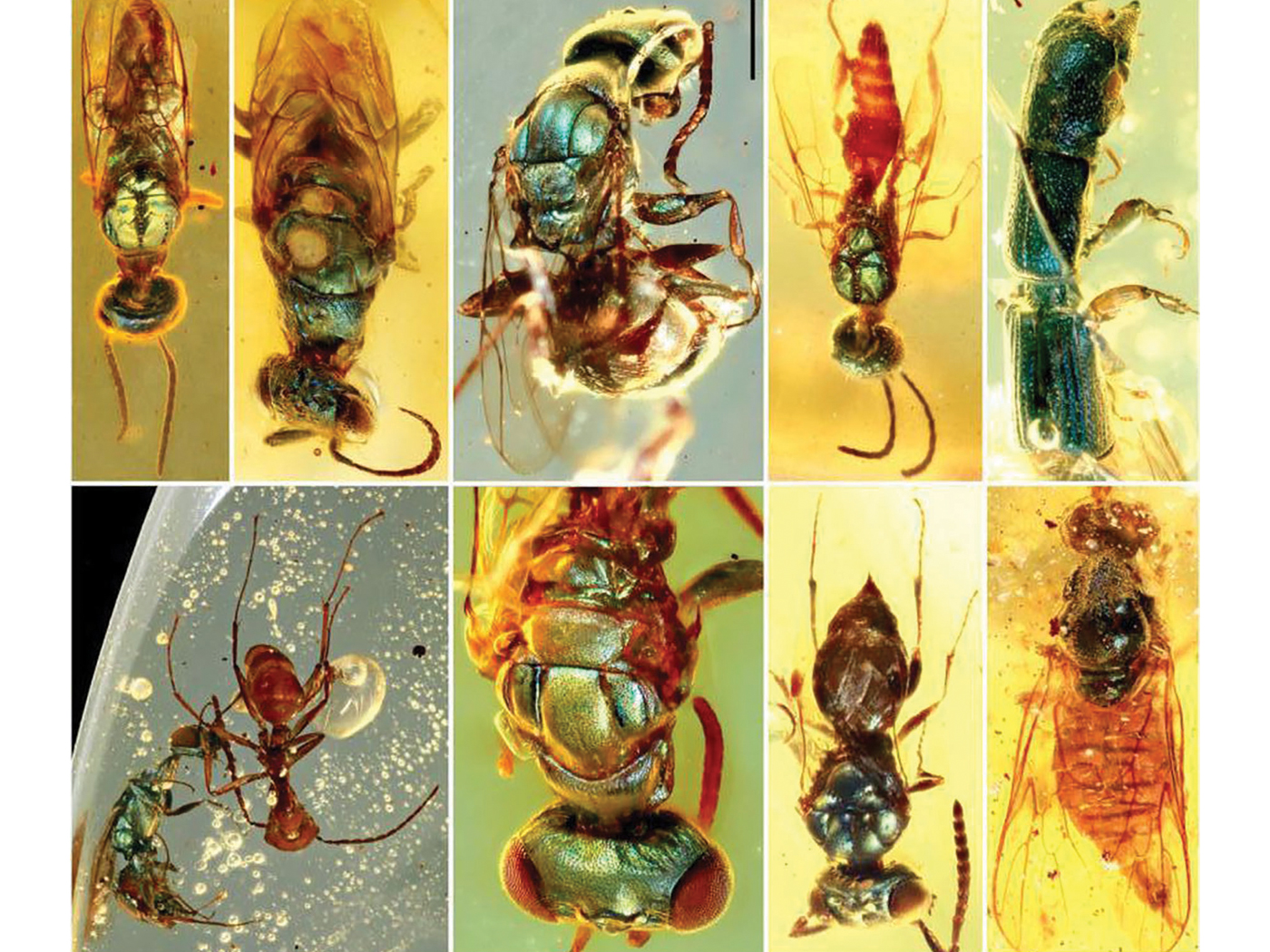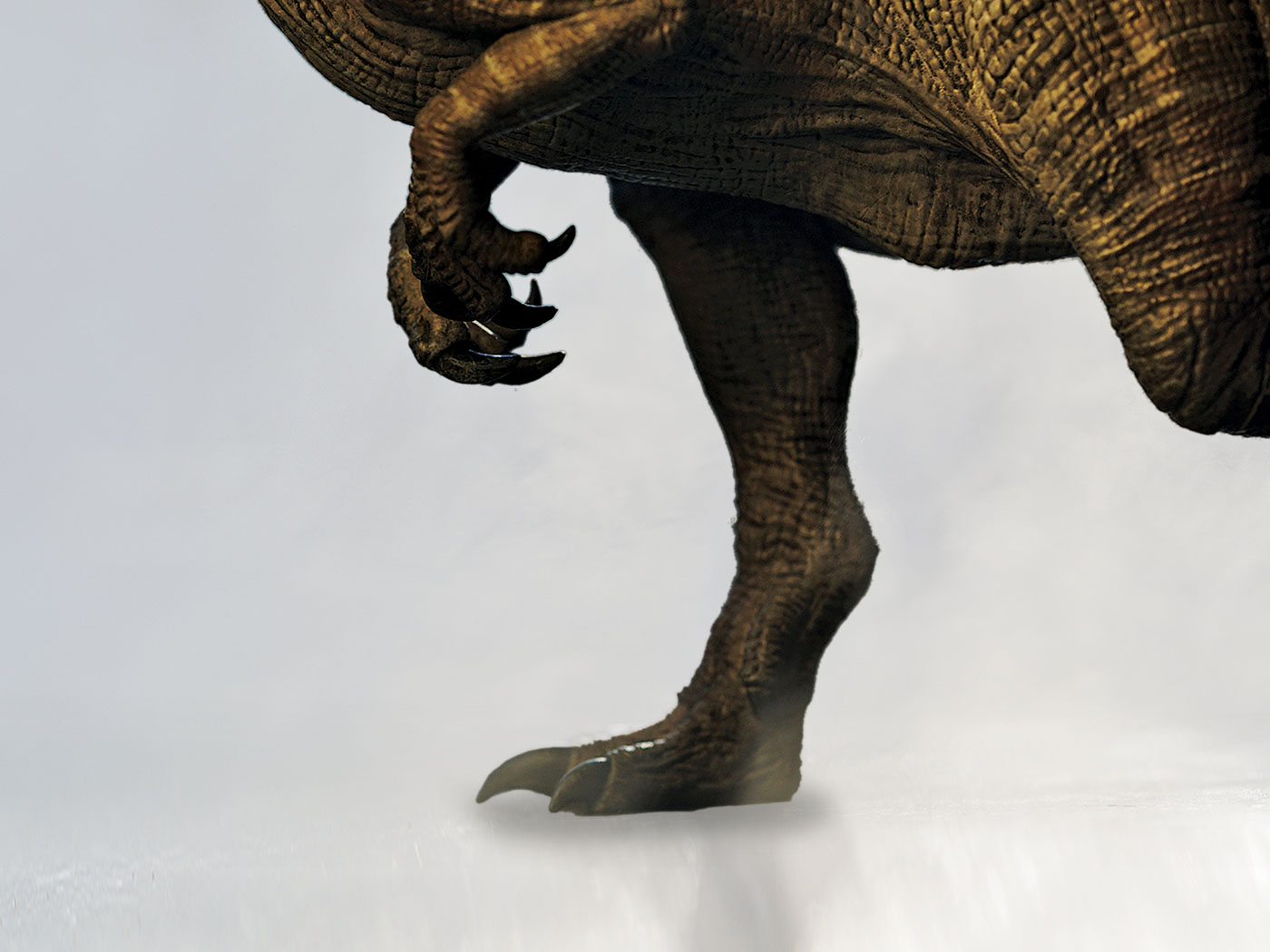Search Tools
New Defender's Study Bible Notes
14:15 these vanities. “Vanities” refers to their worship of idols, representing mere personifications of natural forces as well as demonic spirits. It is vain to attribute true creative power, such as just evidenced in the instantaneous creation of perfect new legs for the hopeless crippled man to anything other than God. Only the true Creator, or those who call on Him and speak in His name, could do such things.
14:15 living God. When Paul and Barnabas preached in the synagogues, they could begin on the premise that their hearers already believed in God, in creation of all things by God, and in the authority of the Scriptures. On this foundation, they could then preach Christ and the resurrection. When they preached to a completely pagan crowd, however, as here at Lystra and later at Athens (Acts 17:15-34), they had to begin with the evidence for one Creator God, as opposed to the popular religions which were centered either on atheism or pantheism and manifested popularly as polytheism. All of these believed in the eternity of the universe and in some form of universal evolutionism, just as most unbelievers do today.
14:17 without witness. In addition to God’s testimony to Himself in the power and order manifest in the physical creation (Psalm 19:1; Romans 1:20), men should be able to discern Him also as a God of grace and love. Even though as a result of sin and the curse, “the whole creation groaneth and travaileth in pain together until now” (Romans 8:22) and man has to eat of his labors “in sorrow” (Genesis 3:17); nevertheless, life goes on and provision is made for “food and gladness” even in a world of pain. Therefore men should know, even if they don’t, that there is a God of all creation—a God who makes provision for life even while He must invoke the death-wages of sin.











